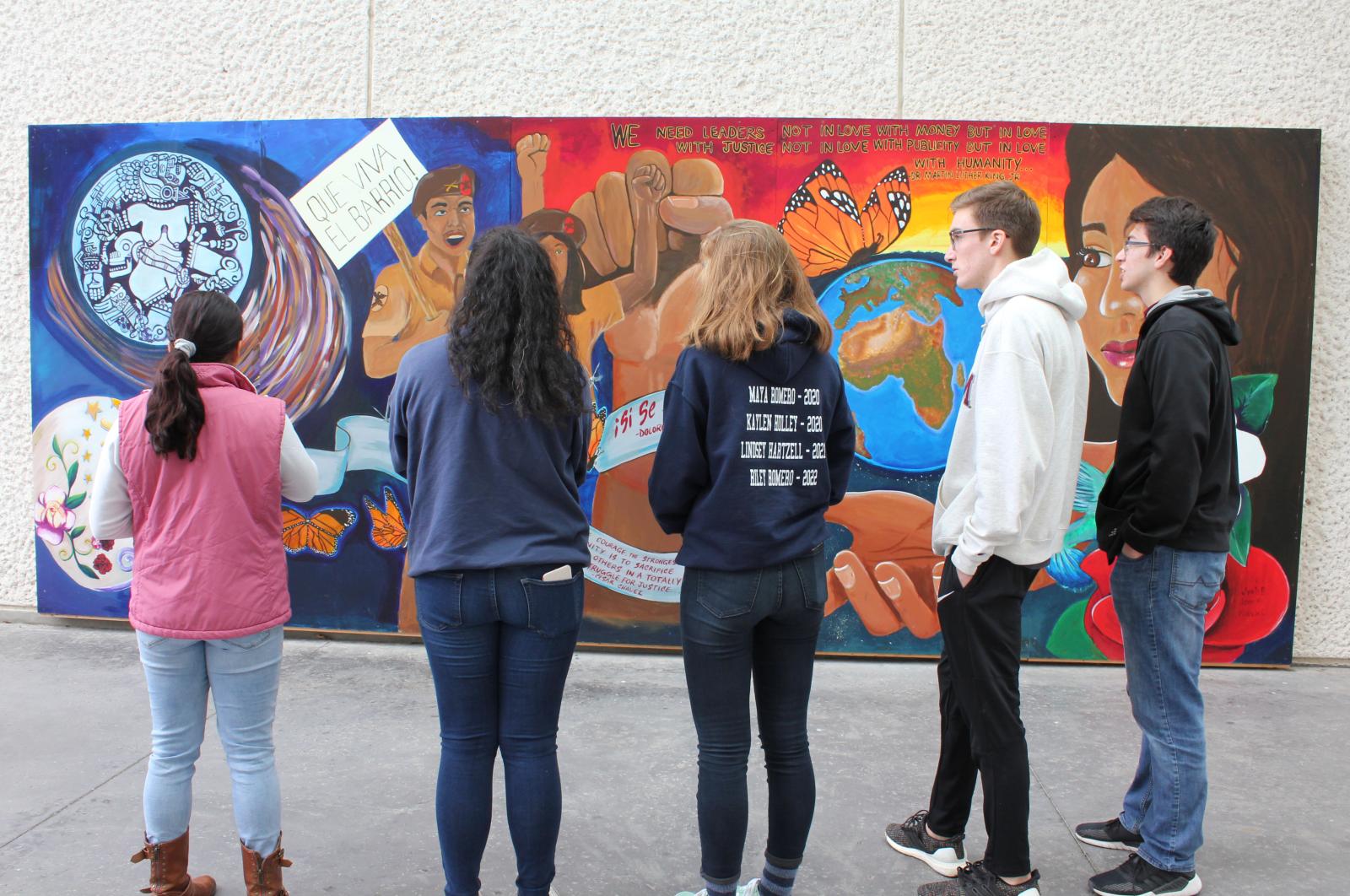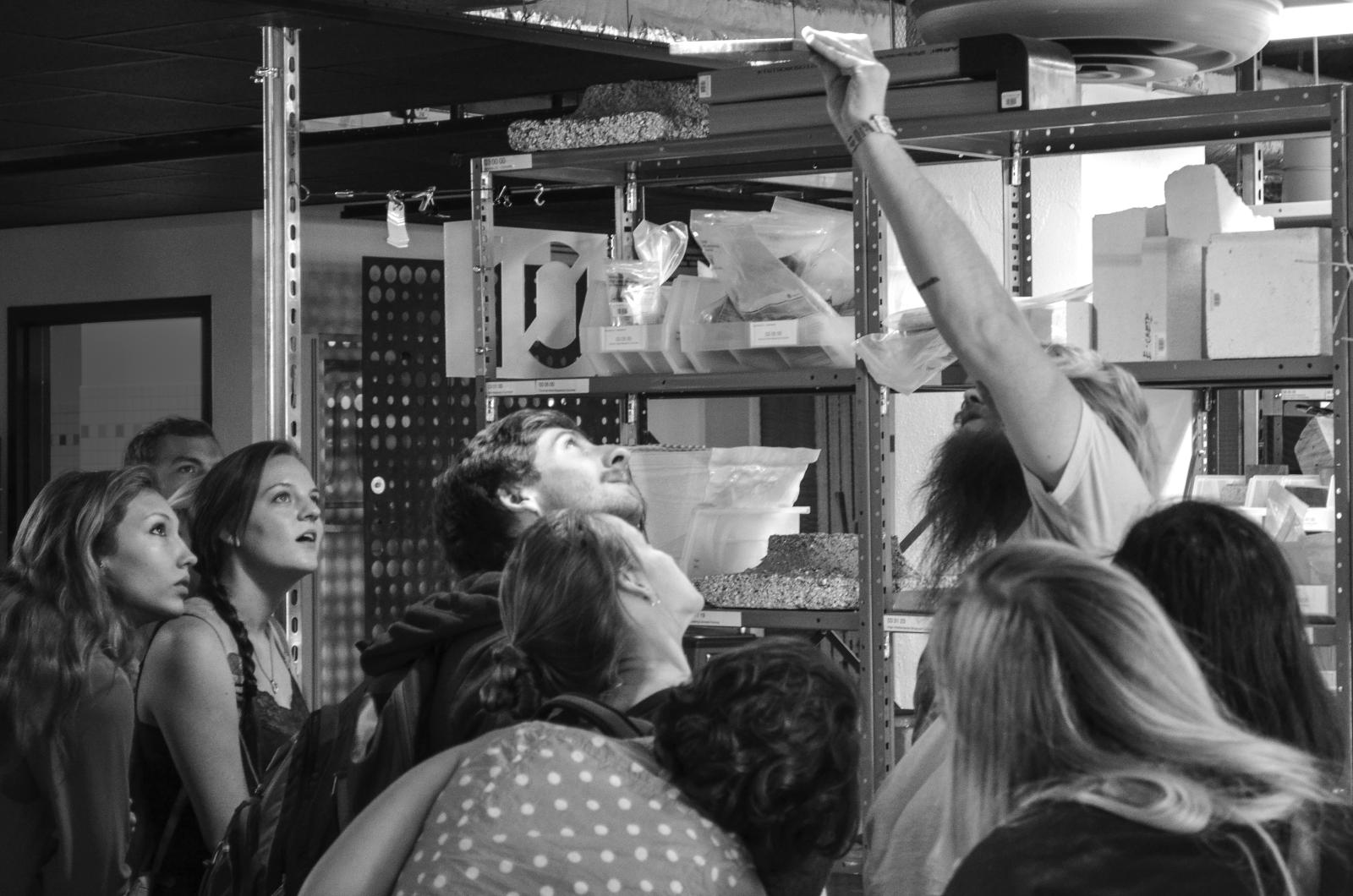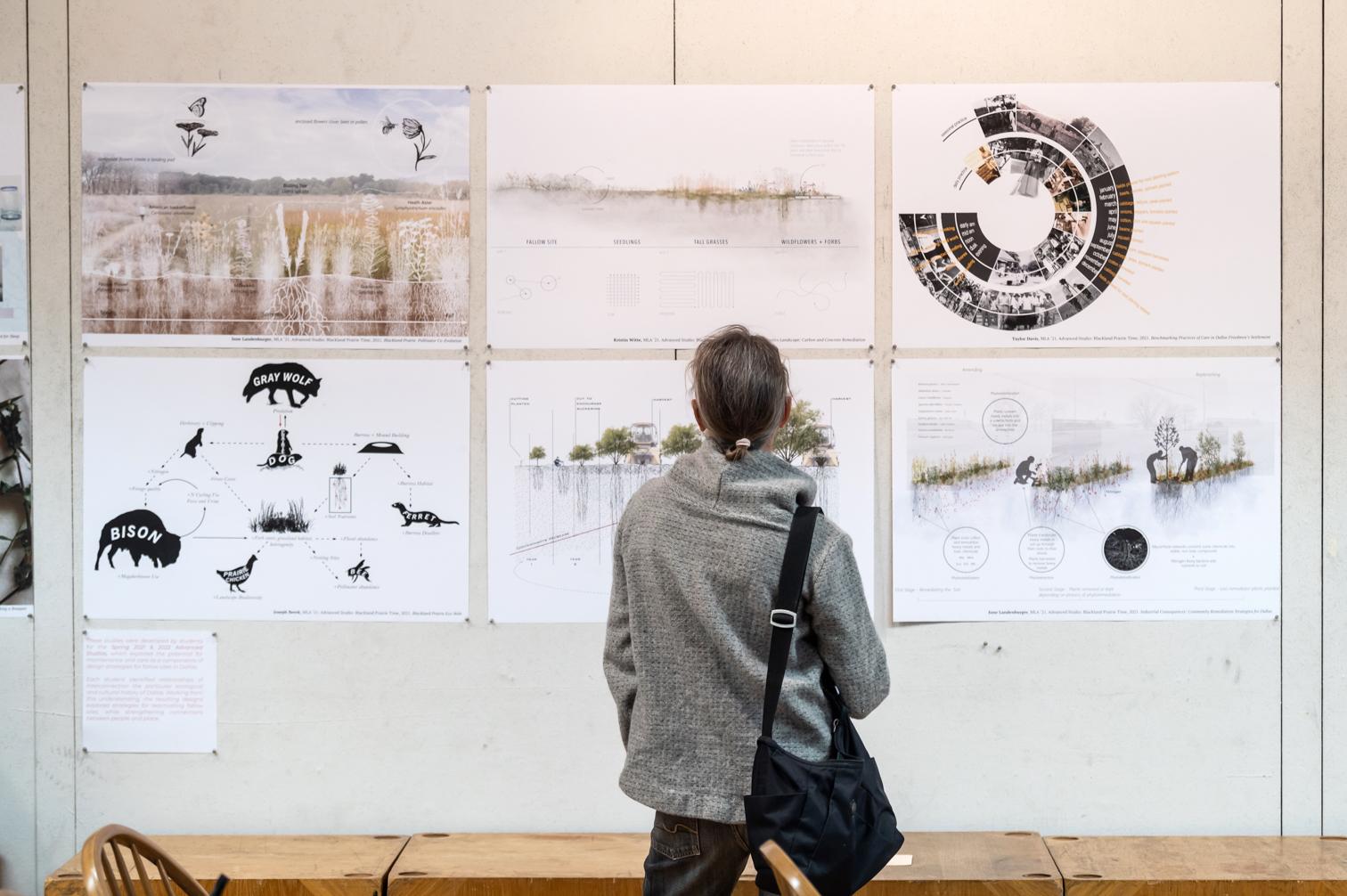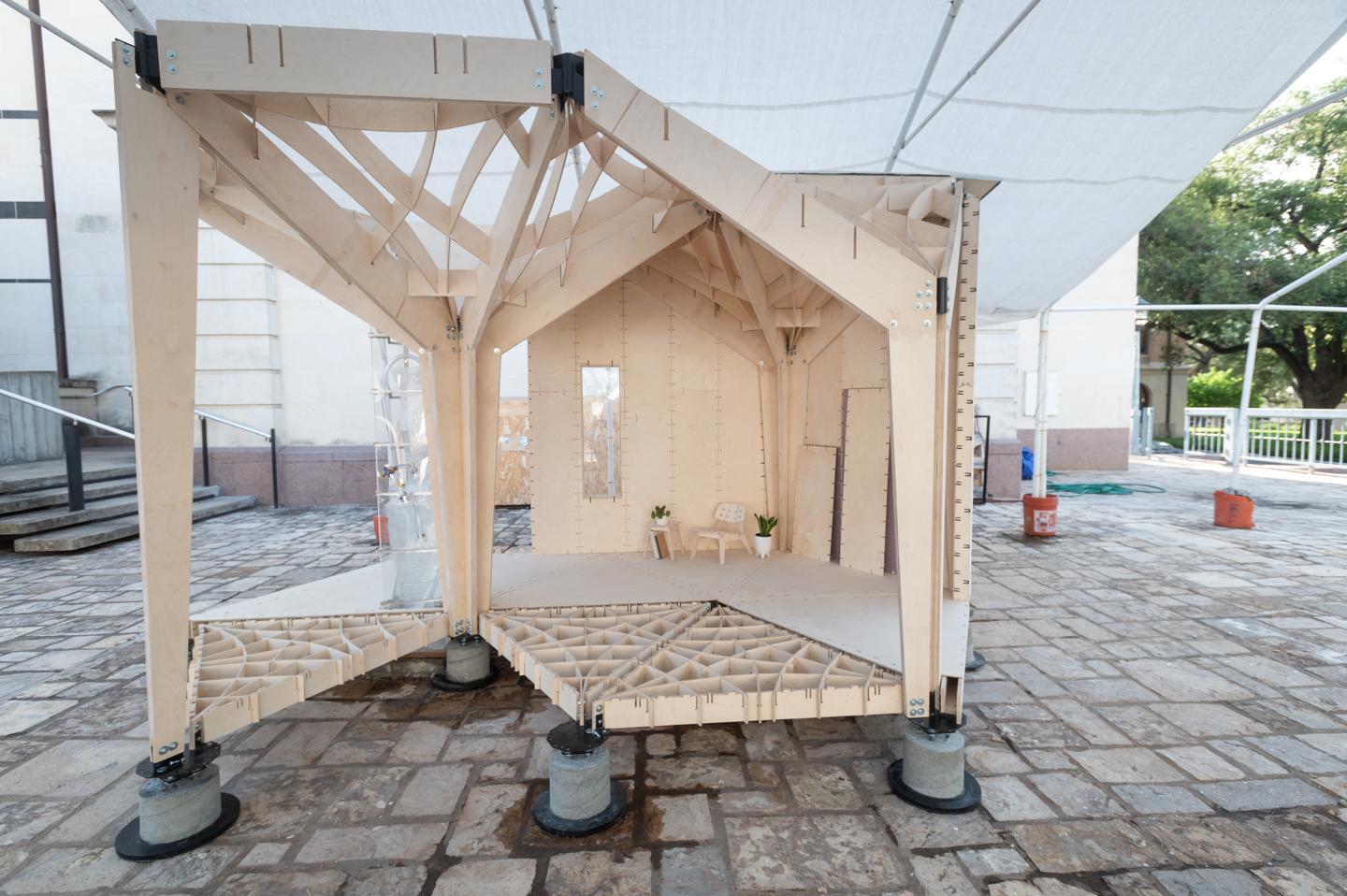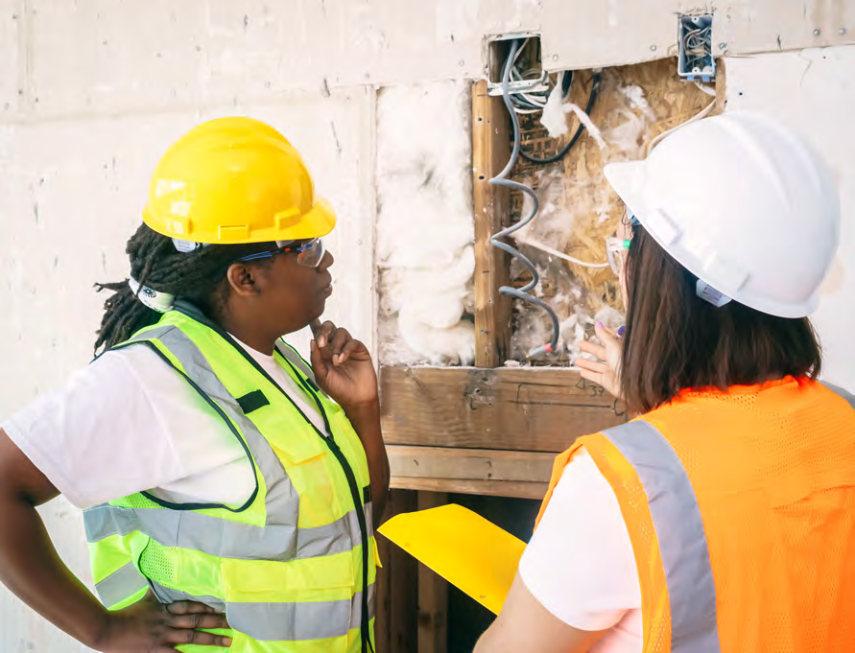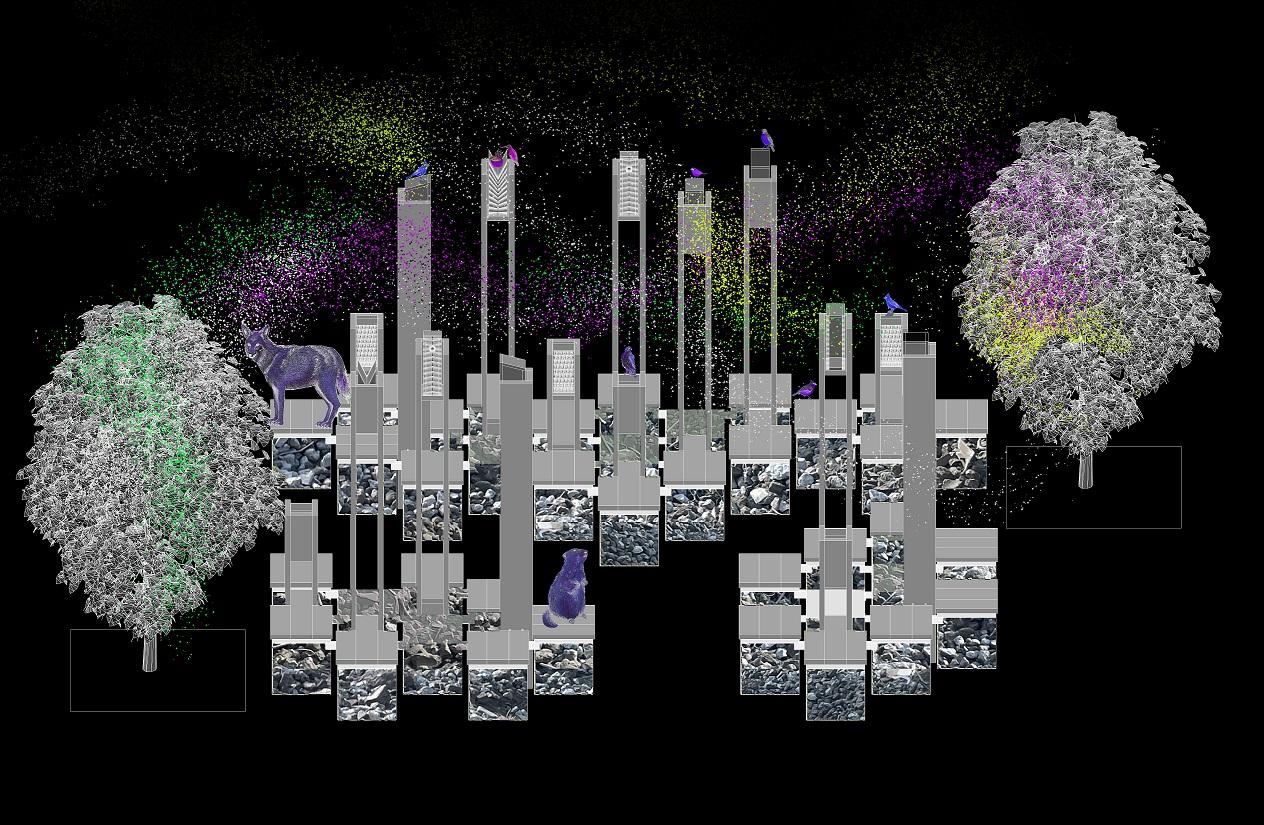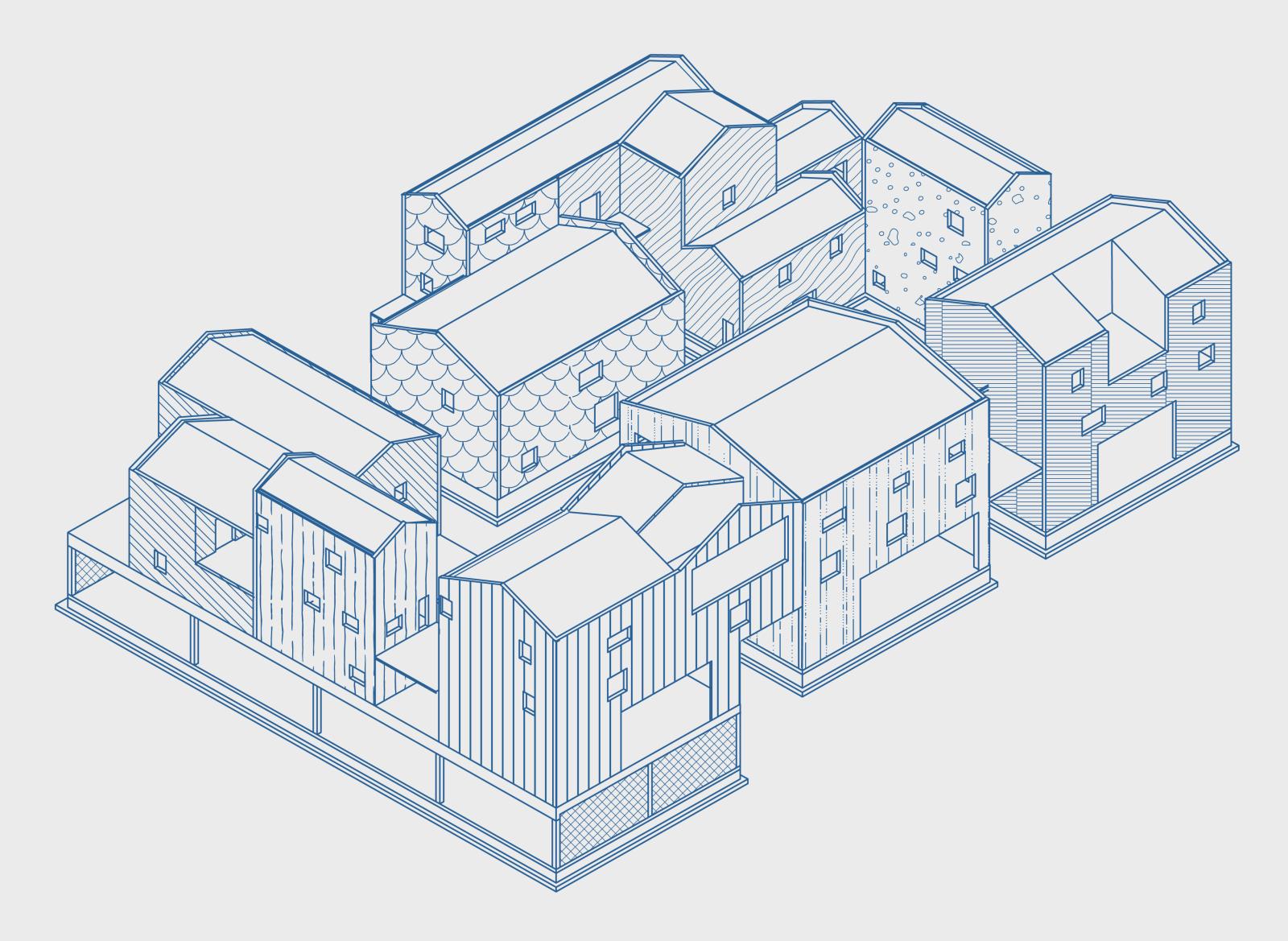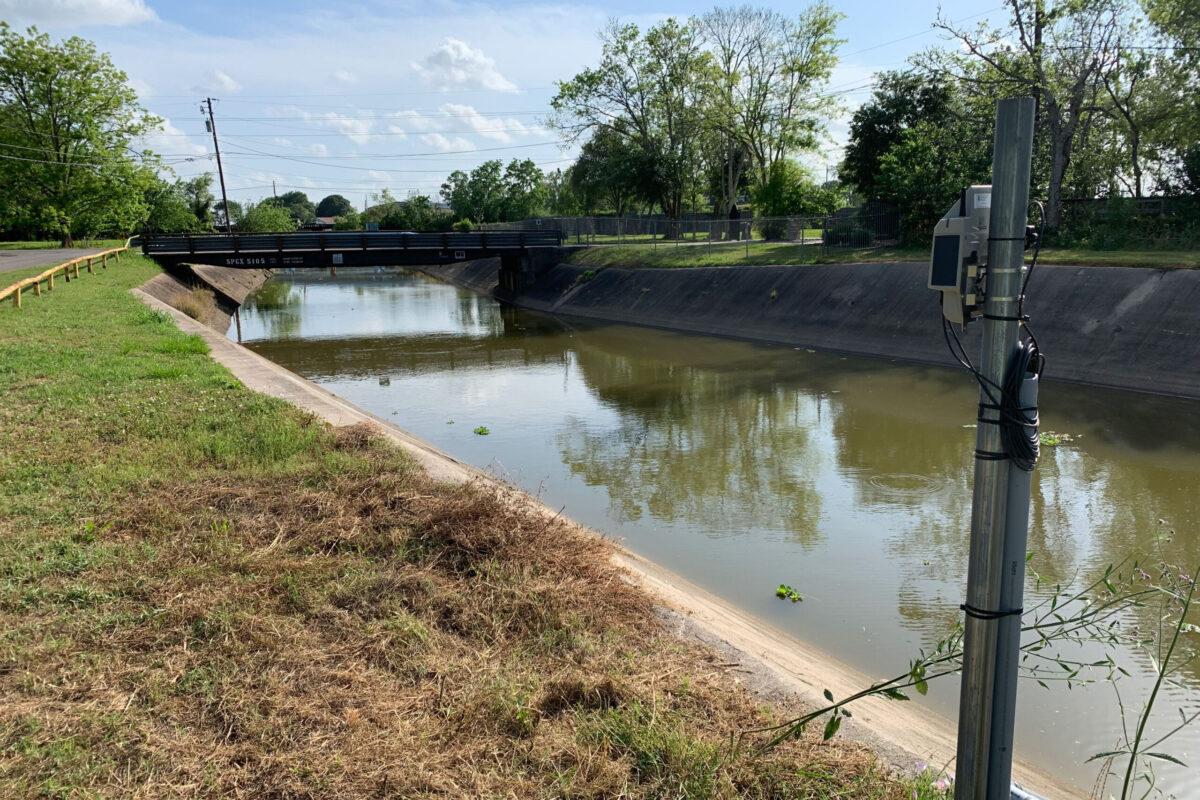Celebrate Earth Day 2023
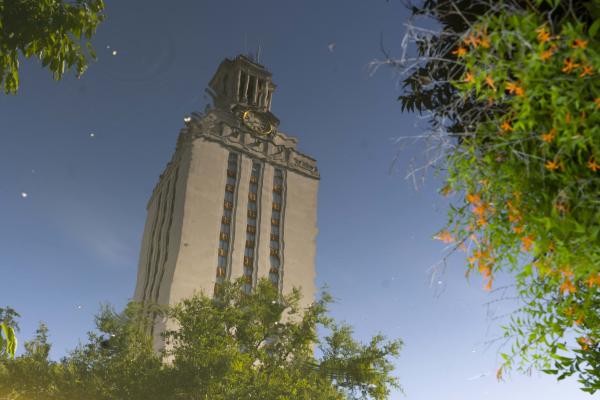
As the physical effects of climate change increasingly impact our world, we—as designers of buildings, landscapes, cities, and communities—must take stock and consider how our disciplines can adapt to address current and future challenges. For this year’s Earth Day, we’ve compiled a sampling of scholarship from across the School of Architecture related to sustainability, our impact on the Earth, and how our disciplines can help build a better future for the planet.
Promoting Environmental Equity in the Gulf Coast
In partnership with researchers at Dell Medical School and across campus, Community and Regional Planning Assistant Professor Miriam Solis has been working to understand how the consequences of climate change impact community health in the Rio Grande Valley. Using community-based participatory research methods, the team will work directly with young people of color as co-creators to understand their priorities and to identify potential solutions and environmental responses.
--
Reframing the Materials Lab Around Sustainability
Thanks to a grant from the Angelo Donghia Foundation, the Interior Design program and the Materials Lab have worked to reframe the Materials Lab’s existing collection to more prominently feature sustainable products. Using industry-standard sustainability criteria, they’ve developed a new structure and organizational system that highlights things like circularity, embodied carbon, health and toxicity, and social equity.
--
Transgressive Practices to Transformative Policies: Landscape Change, Fast & Slow
Organized by Assistant Professor of Landscape Architecture Maggie Hansen, the 2023 Meadows Symposium explored the potential of landscape architecture to build a new socio-ecological ethos. Through a series of presentations and a moderated panel discussion, the event showcased the importance of design as a tool for tending to a dialogue about a site’s shared future, considering the entangled needs of both human and nonhuman communities. Learn more about Hansen’s recent studios motivating this work, and stay tuned for a book about the symposium from the Center for American Architecture and Design.
--
GreenCore Studio Designs Modular ADUs to Address Sustainability, Affordability
In Spring 2022, Visiting Professor Jing Liu and Lecturer and SOA alumna Claire Townley taught a studio that explored ways to harness sustainability energy in residential building design. The output of their semester-long research was three prototypical Mod-Homes that integrate water, energy, and waste management systems into an efficient, pre-fabricated kit of parts that can be built affordably and sustainably. Archinect featured the studio as part of their Archinect Studio Pin-Up series.
--
Expanding Pathways to Quality Green Jobs in Austin’s Growing Green Economy
Research and analysis from our Community and Regional Planning Program produced for the City of Austin last summer shows that green activity and jobs represent a major equitable economic development opportunity for the Austin region. In addition, the report, authored by planning faculty Michael Oden, Katherine Lieberknecht, and Miriam Solis, offers recommendations for how the city should further strengthen equitable green job creation in the region, such as hosting green job summits, establishing Climate Ambassador initiatives, and more.
--
Multispecies Lounge at The Bentway in Toronto, Canada
Designed by Double Happiness—a collaboration between Associate Professor of Interior Design Nerea Feliz and Associate Professor of Architecture at the University of Buffalo SUNY Joyce Hwang—Multispecies Lounge is a constructed environment for shared co-occupation that aims to bring attention to urban wildlife. The project is composed of an aggregation of multispecies urban furnishings including birdhouses, insect habitats, hibernacula for smaller terrestrial animals, and seating for humans. The project will be on view 24/7 from May 26 – September 25, 2023.
--
2022 ACSA Habitat Design Competition: Climate-Positive Concrete Housing
Master of Architecture students Stella Coble and Michelle Powell won ACSA’s Climate Positive Concrete Housing competition for their project, “Tilt,” completed for Lecturer Martin Haettasch’s Integrative Design Studio. The national competition challenged students to explore innovations and tools to improve climate conditions with concrete building materials.
--
Community-Centered Research and Environmental Planning in Beaumont, Texas
Community and Regional Planning Assistant Professor Katherine Lieberknecht is among a team of researchers who received $17M from the Department of Energy to establish a research center to study the impacts of flooding and air pollution in Beaumont-Port Arthur, an area with high climate risk. The Southeast Texas Urban Integrated Field Lab will bring researchers together to address three core research themes: the physical systems of air and water, the co-design of climate adaptation tools, and equity.
